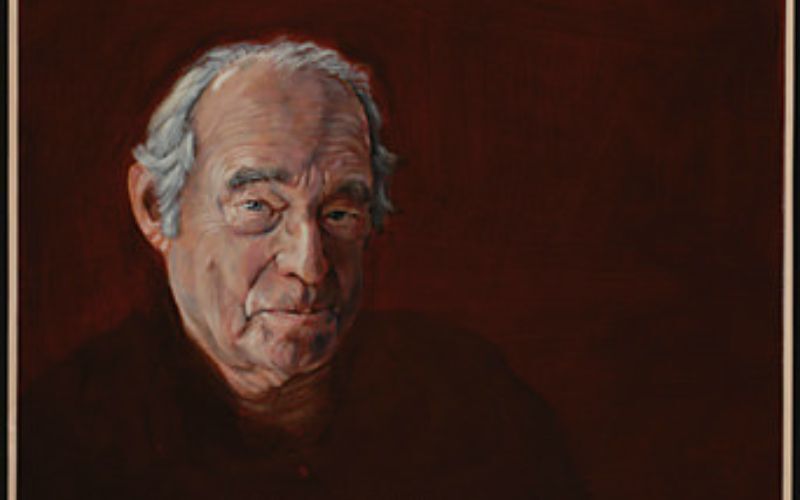Clergyman, Social Activist (1924-2006)
“The war against Iraq is as disastrous as it is unnecessary; perhaps in terms of its wisdom, purpose and motives, the worst war in American history…. Our military men and women…were not called to defend America but rather to attack Iraq. They were not called to die for, but rather to kill for, their country. What more unpatriotic thing could we have asked of our sons and daughters…?”
Additional Quotes by William Sloane Coffin
I love the recklessness of faith. First you leap, and then you grow wings.
Hope is a state of mind independent of the state of the world. If your heart's full of hope, you can be persistent when you can't be optimistic. You can keep the faith despite the evidence, knowing that only in so doing has the evidence any chance of changing. So while I'm not optimistic, I'm always very hopeful.""It is terribly important to realize that the leap of faith is not so much a leap of thought as of action. For while in many matters it is first we must see then we will act; in matters of faith it is first we must do then we will know, first we will be and then we will see. One must, in short, dare to act wholeheartedly without absolute certainty.
Law is not as disinterested as our concepts of law pretend; law serves power; law in large measure is a recapitulation of the status quo; it confirms a rigid order designed to insulate the beneficiaries of the status quo from the disturbances of change. The painful truth--one with a long history--is that police are around in large part to guarantee a peaceful disgestion for the rich.
I'm not always optimistic but i am always hopeful.
Biography
For more than forty years, William Sloane Coffin has spoken with prophetic zeal on matters of war and peace, social justice and religious faith.
His early years—birth in New York City, later childhood in Carmel, California, musical studies in Paris, New England preparatory schools—suggest a world of almost limitless opportunity. Wartime enlistment in the army and four years of active duty suggest his readiness to engage with history in the making.
After the war, he earned a degree at Yale, enrolled in theological seminary and then worked for three years in the Central Intelligence Agency. Coffin returned to theology in 1953, earning his Bachelor of Divinity from Yale. He was ordained a Presbyterian minister and became a chaplain, attaining national prominence during his seventeen years as chaplain at Yale. In 1977 he became senior minister of Riverside Church in New York City. Ten years later he resigned in order to lead SANE/FREEZE (later renamed Peace Action). He lives in Vermont where he completed a book of reflections on his faith, Credo (2003).
Coffin’s immersion in the controversial moral issues of his generation began in 1960 with international relief work, and the following year he helped train the first group of Peace Corps volunteers in Puerto Rico. Civil Rights dominated the early 1960’s, and Coffin was one of the “Freedom Riders” who challenged segregation laws by riding interstate buses in the South. He was arrested on several occasions. Like his fellow clergyman, Martin Luther King, Jr., Coffin turned his attention in the mid-60s to the escalating U.S. military involvement in Vietnam which he actively protested. He co-founded the Americans for Re-appraisal of Far Eastern Policy and joined other religious leaders in forming the National Emergency Committee of Clergy Concerned About Vietnam. With Dr. Benjamin Spock and others, he was charged and convicted with conspiracy to aid draft resisters, a verdict overturned on appeal in 1970. Coffin’s memoir, Once to Every Man (1977), details this period of civil rights advocacy and peace activism.
Coffin’s commitment to humanity springs from his religious faith, and the core of his faith is love: “To show compassion for an individual without showing concern for the structures of society that make him an object of compassion is to be sentimental rather than loving.”


